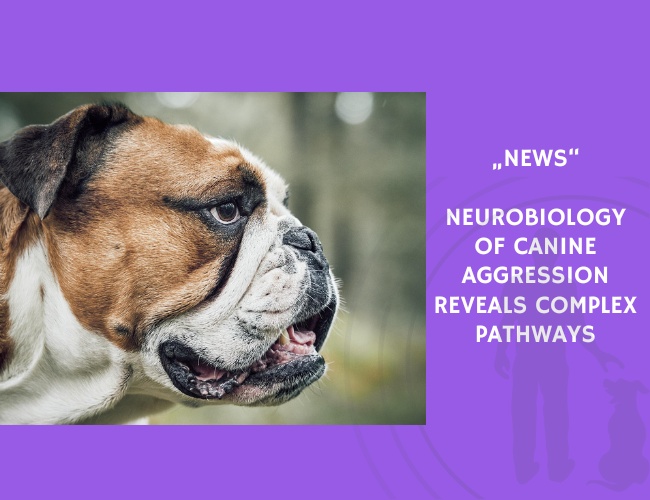Gökçen Güvenç Bayram and Zeynep Semen (2023) published a review in the Journal of Istanbul Veterinary Sciences examining the multifaceted roots of canine aggression. As one of the most prevalent and dangerous behavioral issues, aggression poses risks both to humans and to dogs, often resulting in relinquishment or euthanasia if left unmanaged.
The authors emphasize that aggression cannot be explained solely by species, breed, or sex characteristics. Instead, it arises from a complex interplay of medical and non-medical factors, including physical health problems, endocrine disorders, central nervous system diseases, hereditary predispositions, and individual differences. Accurate diagnosis requires integrating behavioral assessments with diagnostic tools such as serum biochemistry, hormone analysis, urinalysis, and neuroimaging techniques.
From a neurobiological perspective, aggression is linked to neurotransmitters, neuromodulators, neuropeptides, enzymes, and hormones. Dysregulation in these systems may influence the onset and intensity of aggressive behaviors. Understanding these pathways opens the door to targeted medical interventions.
The review highlights neutering and pharmacotherapy as key management strategies. Neutering has been effective in reducing aggression in certain cases, while pharmacological approaches aim to modulate neurotransmitter systems, peptides, and hormone levels to suppress or redirect aggressive responses. The authors argue for a comprehensive treatment framework that combines medical, behavioral, and environmental strategies to improve outcomes.
By situating aggression within its neurobiological framework, this review underscores the importance of moving beyond surface-level behavioral observations to develop compassionate, evidence-based interventions. Such insights are crucial for improving both canine welfare and human safety.
Source: Bayram, G. G., & Semen, Z. (2023). Understanding canine aggression: Neurobiological insights for a complex behavior. Journal: Journal of Istanbul Veterinary Sciences. Publication Date: 2023-07-18. Authors: Gökçen Güvenç Bayram, Zeynep Semen.










